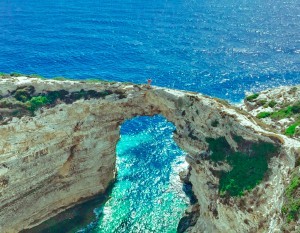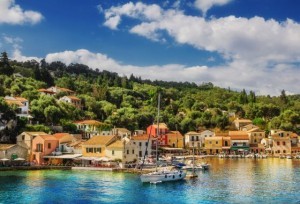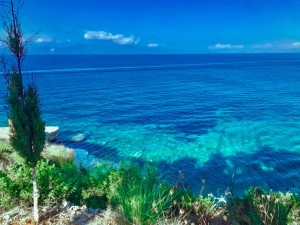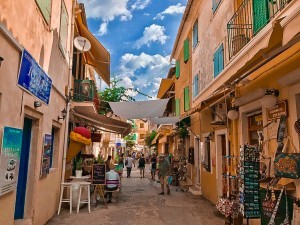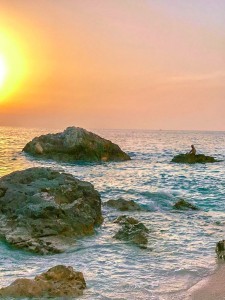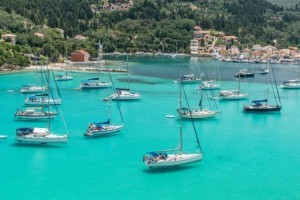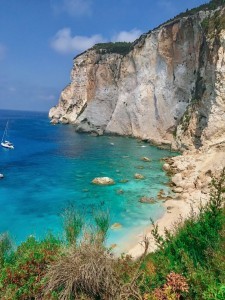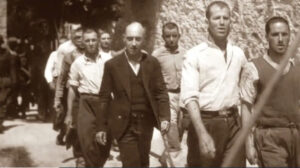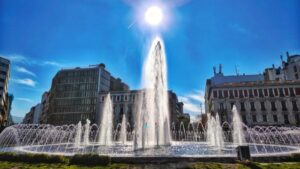Cultural village of Europe for the year 2004, Paxi (or Paxoi) is the ideal island for a peaceful holiday. Fjord-shaped beaches, underwater caves, small bays and green hills welcome the lucky visitors. According to the legend, the island would be the southernmost tip of Corfu, if the God of the Sea, Poseidon, had not broken it off with his trident when he needed a god-deserving place to live his love with the Nereid Amphitrite.
(Click to enlarge images)
Its capital and main port, Gaios (Gáios), is separated from its natural breakwater, the tiny island of Agios Nikolaos (Saint Nicholas), by a narrow channel, displaying one of the most beautiful port sceneries in Greece.
Not to be missed:
• the Venetian fortress of Agios Nikolaos
• the English Governor’s House
• the Paxi Museum and the churches and chapels of the area.
Visit the picturesque villages of Lóggos, Lákka and Oziás, tucked away in pine and olive trees. In the areas of Oziás, Yaná and Glyfáda, sulphur thermal springs offer an alternative treatment for rheumatics and other health conditions. Innumerable ravishing beaches await the fitter ones as a starting point for scuba diving into underwater caves and shipwrecks, and for top-notch windsurfing.
It sounds pretty interesting to walk through the vast olive groves inland. In the area of Magaziá, don’t forget to drop by the Olive Museum, once a traditional olive press. In the areas of Agia Eleoussa, Vlahopouliátika and Boycática look for the clusters of stone cisterns, carved on the rocks as rainwater collectors.
Sure “musts”:
• caique-sailing around the island
• exploring the islets around Paxi (Antipaxi)
• visiting the extraordinary 40-odd sea caves with the majestic domes on the south coast of the island
• hiking the old trails, among which we suggest the Mousmoúli-Porto Oziás and the Manessátika-Ypapantí ones.
To host a classical music festival runs in the family of the Ionian Islands, but Paxi take great pride in organising the following two. At the beginning and at the end of summer the island hosts internationally famous Greek and foreigner soloists, whereas in July the traditional festival of “Water and Oil” is held dedicated to folk music. To fully enjoy the celebration, visitors will sample here bread soaked in water, olives, onions, boiled potatoes and local wine.
Source: visitgreece.gr
Ask me anything
Explore related questions
